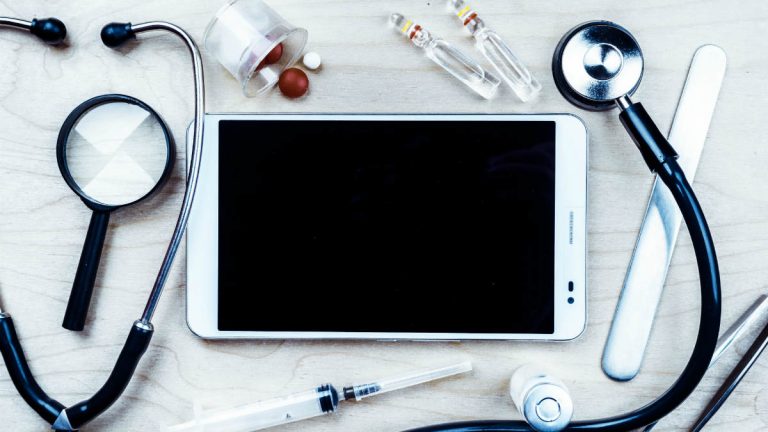With the GOP proving itself entirely unwilling to repeal Obamacare in a meaningful way, and the country inching ever closer to health care Armageddon, it’s going to be increasingly important for patients to find ways to get around the Byzantine insurance regulations and to take control of their health into their own hands.
Fortunately, technological entrepreneurship is poised to dramatically decentralize the knowledge and power of the medical profession.
The wild and wooly landscape of mobile apps is beginning to offer a vast array of medical services from the comfort of your smartphone. The inane Apple slogan, “There’s an app for that,” becomes progressively more true with each passing day.
While there have long existed apps that monitor heart rate or list drug interactions, developers are taking things to the next level, with new apps that can predict relapses for cancer survivors, for example. Empirical studies reveal that these apps literally save lives, and represent an amazing advance in patient-centered medicine.
But hang on — before we get too excited, there remain significant governmental roadblocks to these personalized medical services. The FDA classifies these apps as “medical devices,” and therefore claims the authority to regulate them, including subjecting them to its notoriously onerous review process before allowing them to be sold.
Supposedly, this is done to protect consumer safety, but there are a number of downsides, too.
First, the FDA has a limited capacity. Currently, they are only on track to approve 20 apps a year. That is clearly not enough to keep pace with the rate of technological progress. Second, the review process is lengthy and prevents life-saving technologies from coming to market for extended periods of time.
Economist Milton Friedman astutely pointed out that while the media fixate on unsafe drugs and devices that harm people, the deaths that occur due to devices not being approved fast enough are much less visible — but no less tragic.
Every regulatory delay for medical technology puts lives in danger, and it is disingenuous to pretend that the FDA is purely about maximizing consumer safety. Lobbying and special interest groups play just as important a role, with established medical incumbents desperate to keep competition down.
Government regulatory power is a convenient way to throw obstacles up that younger and less deep-pocketed companies will struggle to overcome.
As in so many sectors in our economy, innovations are bursting the seams of the status quo, offering new solutions to old problems. But some of these sectors should concern us more than others.
If the taxi unions successfully shut down Uber, consumers lose a convenient mode of transport; if the FDA stalls medical innovation in the form of mobile apps, however, people die. That’s why it’s crucial that medical innovations be allowed to proceed unimpeded, and patients’ access to new technologies not be choked off by bureaucracy.
The mobile app revolution could change the way we consume medical care forever, but only if regulators don’t stop the progress before it starts.
This article originally appeared on Conservative Review.














Add comment